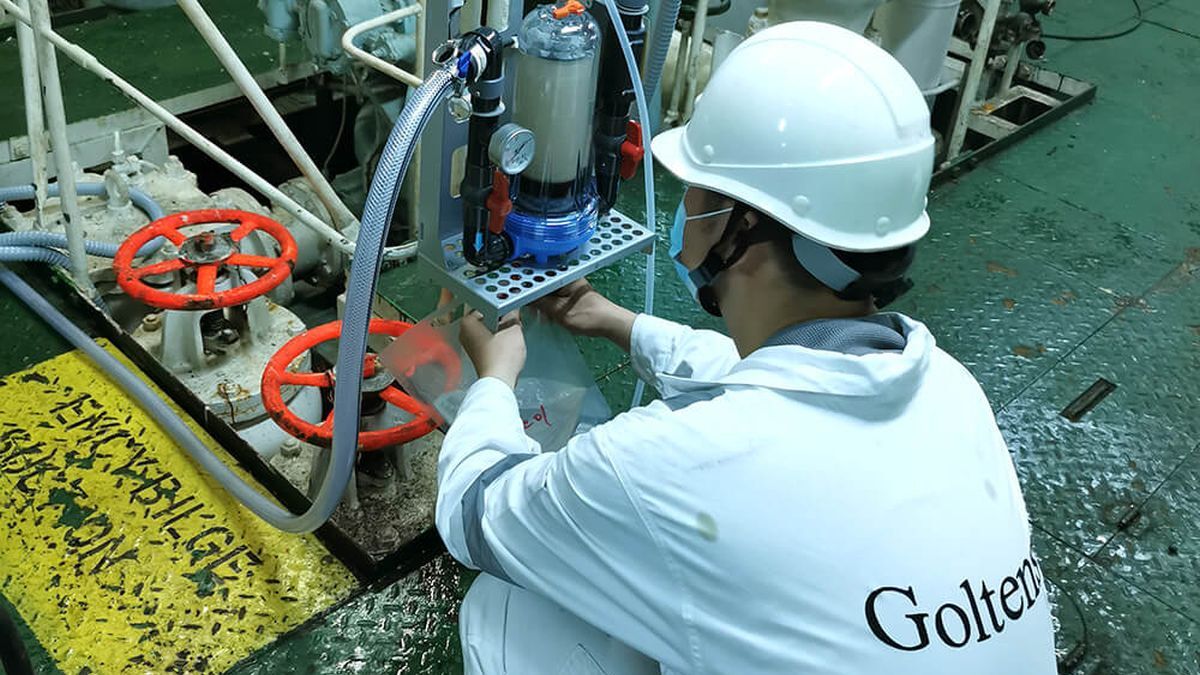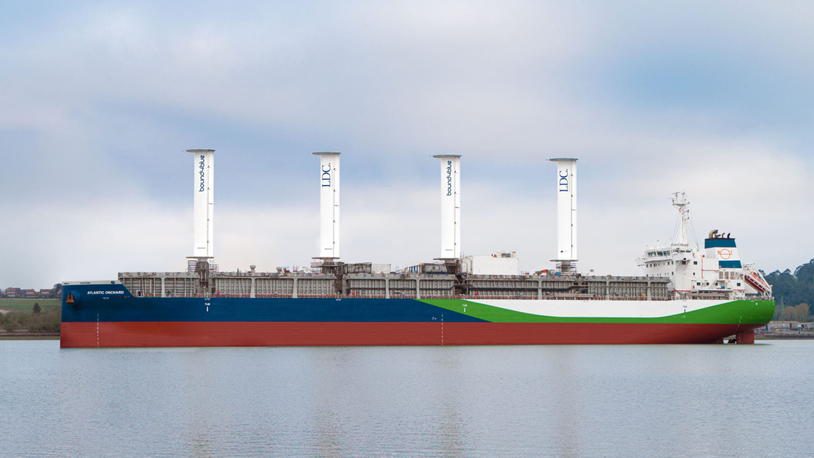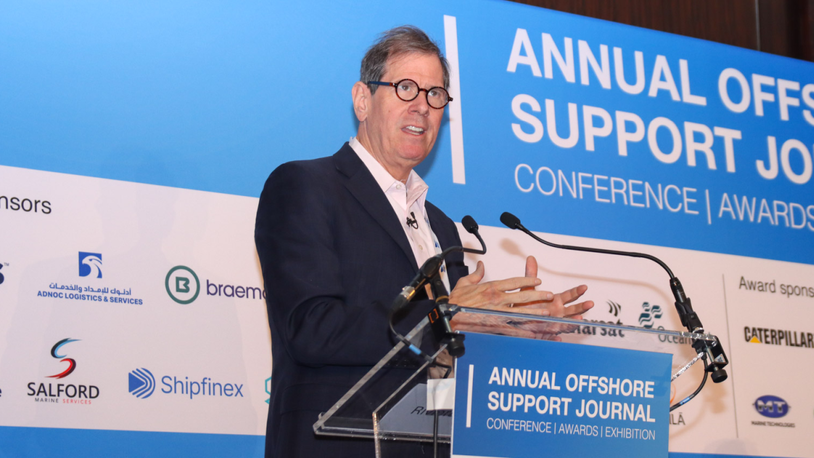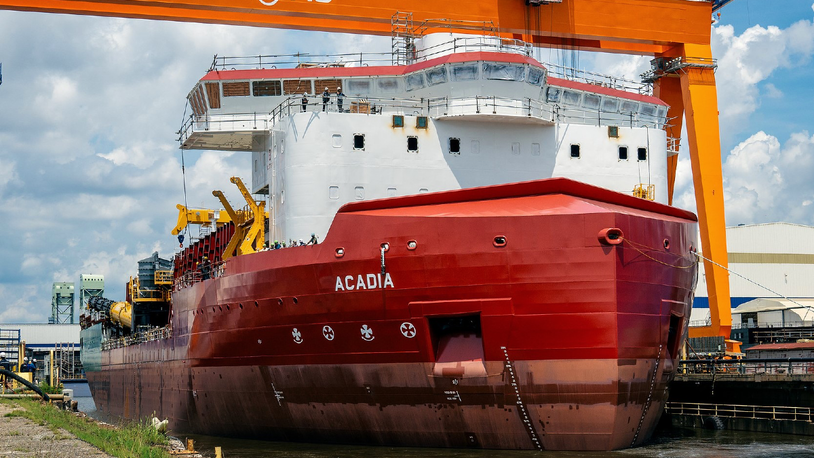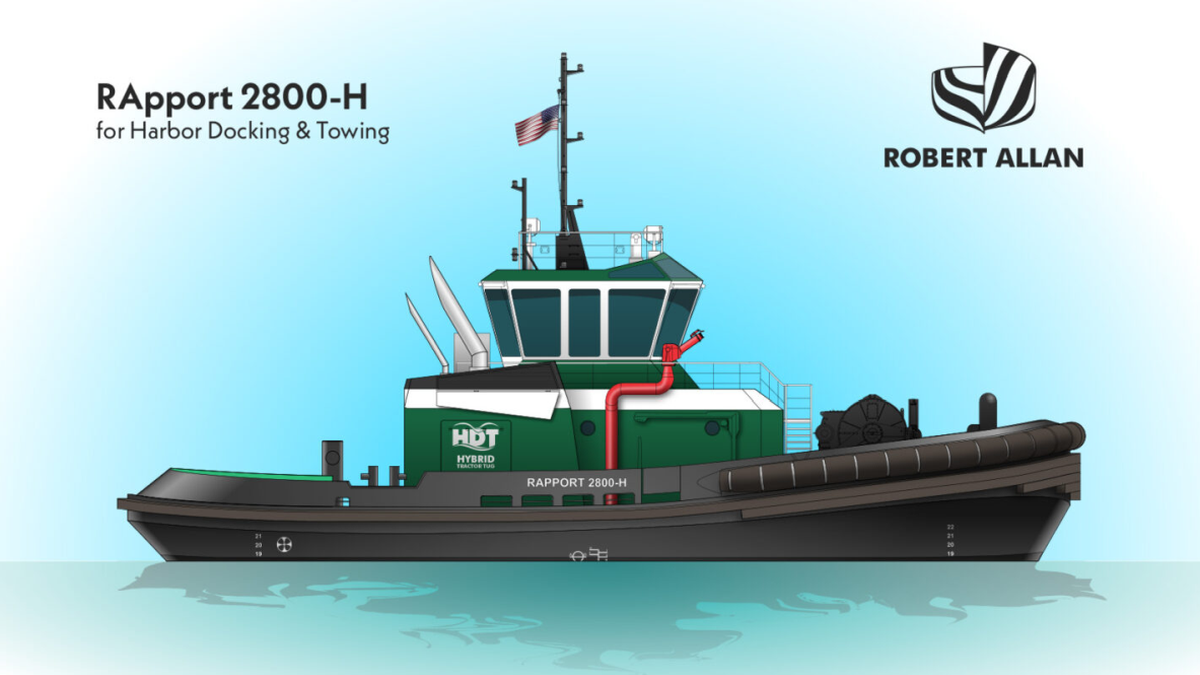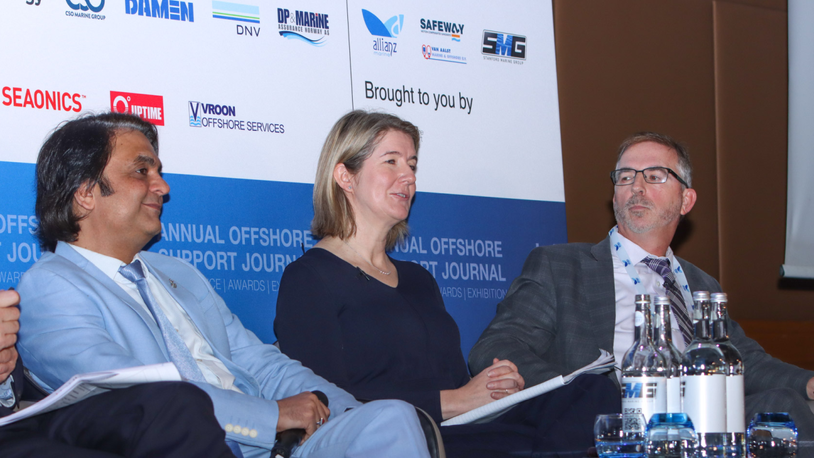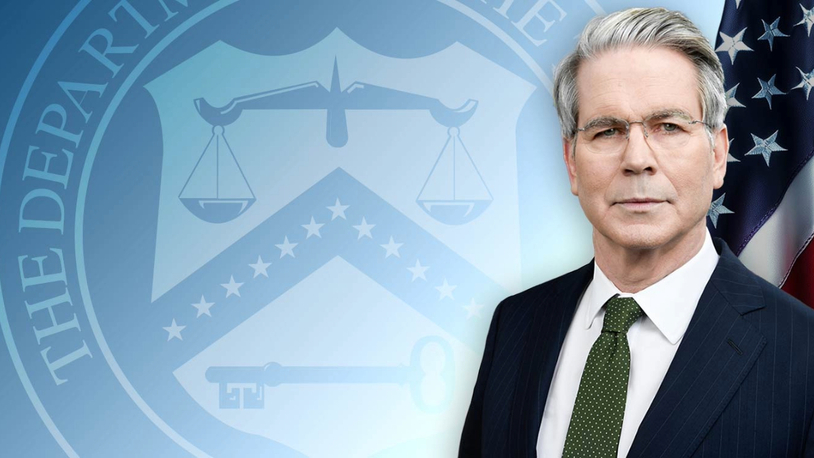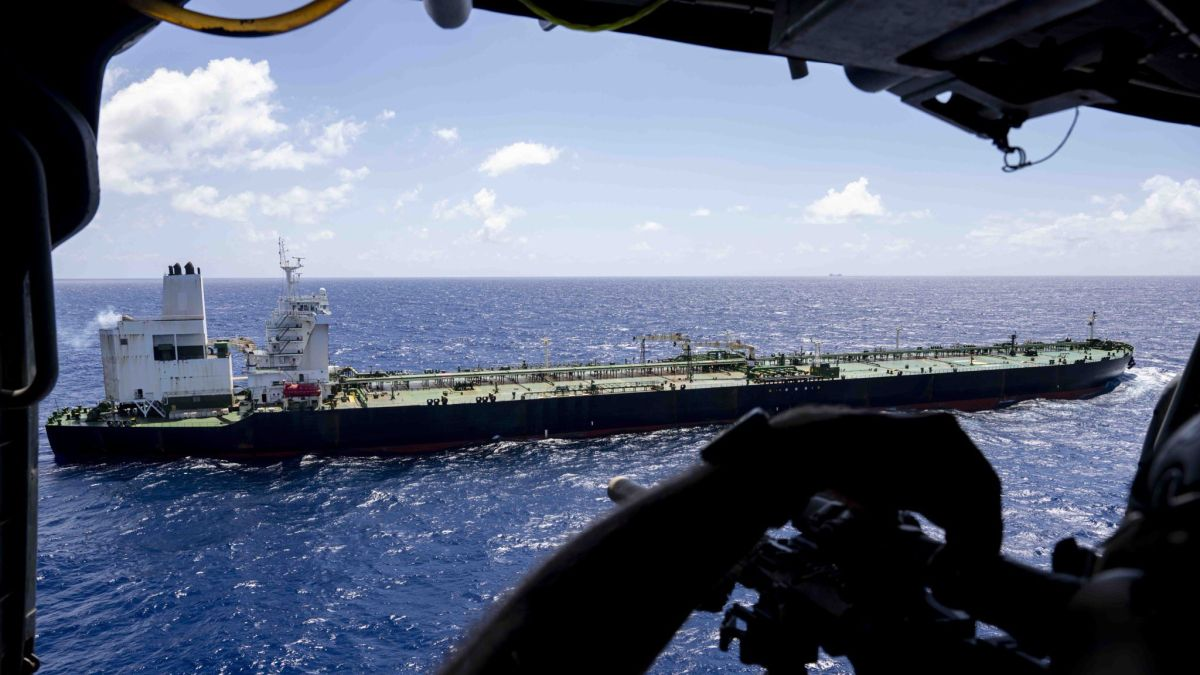Business Sectors
Events
Contents
Register to read more articles.
Enforcing ballast water compliance
Penalties highlight significant compliance issues with ballast water regulations under the US Clean Water Act, and Australia has found compliance is proving difficult
Settlements between the US Environmental Protection Agency (EPA) and various shipping companies have highlighted significant issues in complying with the Clean Water Act’s Vessel General Permit (VGP). These cases underscore ongoing challenges with compliance with ballast water discharge.
Swire Shipping, headquartered in Singapore, was one of the companies penalised for non-compliance with the VGP. The violations pertained to several vessels, including Papuan Chief, New Guinea Chief and Lintan. Swire Shipping failed to treat ballast water prior to discharge, neglected to conduct annual comprehensive inspections and calibrations of its ballast water treatment systems, and did not adequately monitor and sample discharges.
Furthermore, the company provided inaccurate information in its annual reports. These infractions resulted in penalties amounting to US$137,000, with US$67,075 for Papuan Chief, US$19,906 for New Guinea Chief, and US$50,019 for Lintan.
Similarly, MMS Co Ltd, a privately owned company based in Tokyo, faced significant penalties for similar violations. The EPA found MMS had not met ballast water limitations for biological indicators and biocide residuals, failed to perform annual calibrations of its ballast water treatment systems, and did not monitor or accurately report discharges. Its vessels St. Pauli and Centennial Misumi were the primary vessels involved, with penalties totalling US$200,000.
The EPA’s enforcement actions reflect its commitment to ensuring compliance with environmental regulations. According to EPA Pacific Southwest Regional Administrator Martha Guzman, non-compliance with the VGP can seriously impact the quality of the nation’s waters, which are already challenged by port operations.
In response to the penalties, both Swire Shipping and MMS have acknowledged their shortcomings and are taking steps to rectify the issues. These include implementing corrective measures and ensuring stricter adherence to the VGP requirements.
In parallel to the US enforcement actions, a study conducted in Australian ports has raised additional concerns about the effectiveness of ballast water management systems (BWMS).
The study, which covered ports such as Gladstone, Dampier, Walcott and Newcastle, involved voluntary sampling from 39 ships over a two-year period. It revealed 36% of the detailed tests for biological compliance showed non compliance. This is a significant figure, consistent with findings from previous years, and highlights ongoing issues in meeting the D-2 performance standard.
The Australian study also found 5% of the samples from BWMS using active substances did not comply with the maximum allowable discharge concentration measured as total residual oxidant. Operational issues such as the introduction of untreated ballast water and difficulties during the sampling process were identified as contributing factors to non-compliance.
These findings raise concerns about the global effectiveness of BWMS and the need for enhanced regulatory oversight and technological improvements.
The enforcement actions and studies underscore the critical importance of stringent ballast water management and compliance with environmental regulations. The challenges highlighted in both the US and Australian contexts call for concerted efforts from shipping companies, regulatory bodies and international organisations to safeguard marine ecosystems and water quality effectively.
Sign up for Riviera’s series of technical and operational webinars and conferences:
- Register to attend by visiting our events page.
- Watch recordings from all of our webinars in the webinar library.
Related to this Story
Events
Maritime Regulations Webinar Week
Floating energy: successfully unlocking stranded gas using FLNGs and FSRUs
© 2024 Riviera Maritime Media Ltd.

